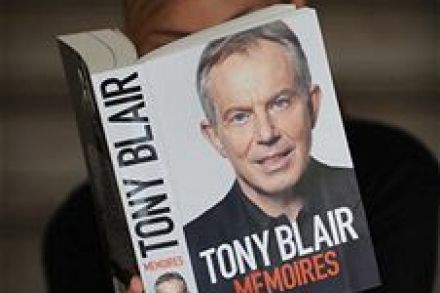The coalition’s vulnerability on crime
Parliament has that beginning of term feel today, lots of people discussing what they did on their summer holidays. After the holidays, the main topic of conversation is this whole phone tapping business. Everyone is wondering how long the BBC will keep playing it as the top story; it even devoted two thirds of the One O’Clock news to it. Given how reluctant the papers are to touch it, the story will burn out if the BBC stops fanning the flames. But one thing that I feel is being overlooked is Tony Blair’s attack on the coalition as soft on crime. If David Miliband wins the Labour leadership, I expect




















